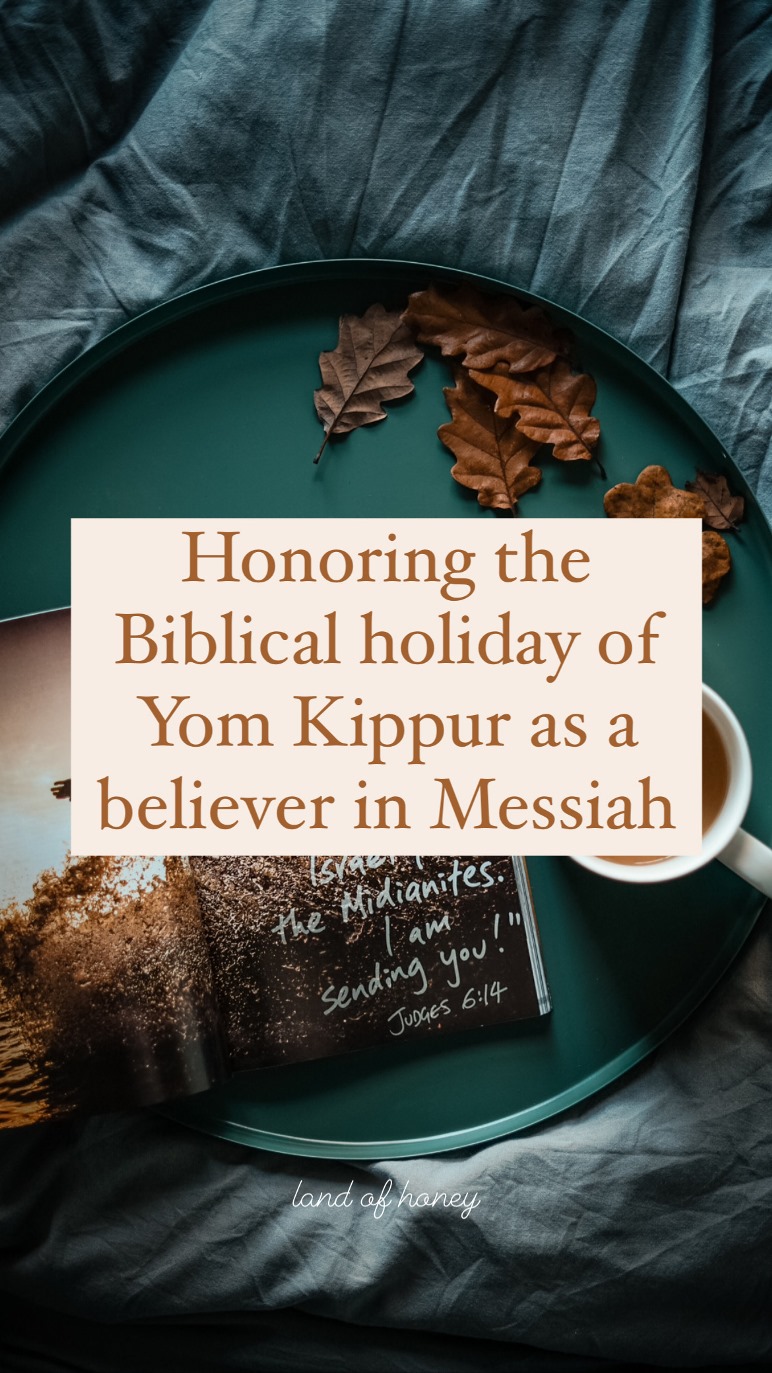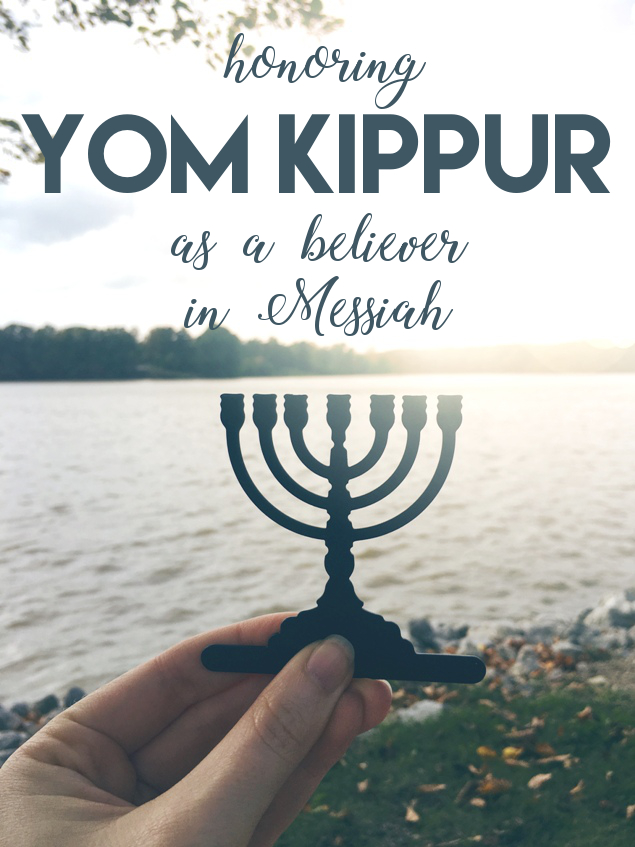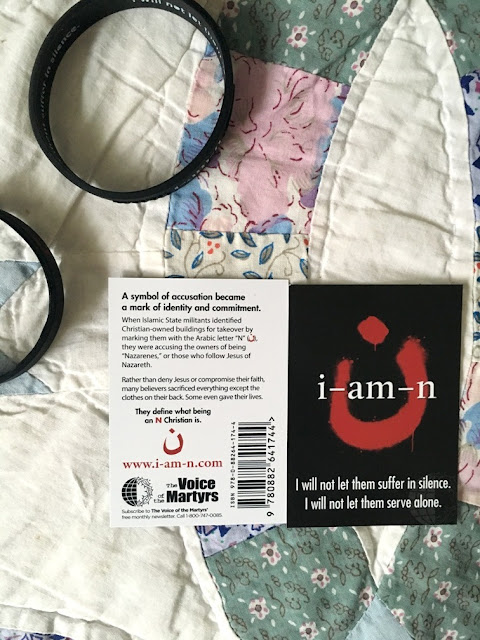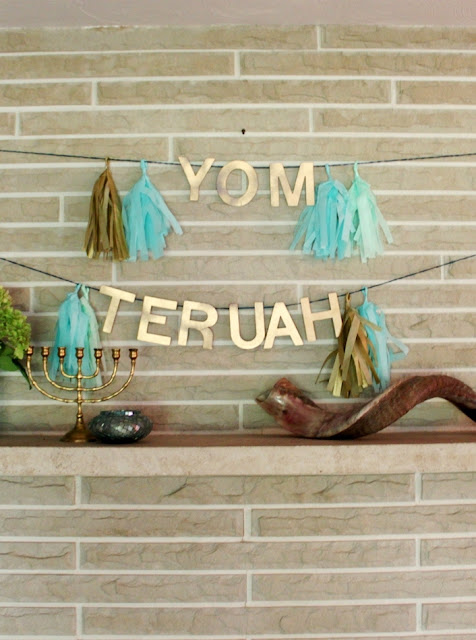If we study Scripture we can see that the Messiah did keep the feasts, including Sukkot. He would have spent time in a temporary dwelling, he went to the Temple to celebrate with others, and he taught there. We have this special glimpse into his life, because everything he did was within the context of obedience to Scripture. There is added depth to the words of the Messiah when we realize where and when those statements were made. Think of what Sukkot looks like; the temporary dwellings, the four species, and imagine Yahusha in the midst of that speaking these words.
Things the Messiah Said During Sukkot:
"If anyone thirsts, let them come to me and drink." -John 7:37
This is a beautiful verse with added meaning: if you wanted to come to the Messiah then and there you would have to come to the feast of Sukkot. And by coming to Sukkot he would refresh and revive you.
"Go up to the festival." -John 7:8
Here is an example of Jesus verbally encouraging people to keep the feasts of YHWH. When he told his brothers to go up to keep Sukkot, it was not an abstract or simple idea. First of all, it's over 60 miles from the Galilee area to Jerusalem. And Sukkot is also an eight day festival. In essence he was telling them to take their time, money, and resources to honor YHWH. He didn't throw in, "if you want to," or "if it's convenient." The savior told them to celebrate Tabernacles.
"He that believes in me as the Scriptures have said, out of his belly shall flow rivers of living water." -John 7:38
When Yahusha said this the only Scripture that existed is what we now call the Old Testament. He wants us to see that these writings - Genesis, Malachi, Chronicles, everything - are about him. They talk about him, they prophesy of him, they point to him. That includes the feasts. Why would we forgo a commandment of YHWH that points to the Messiah?
"Do not judge according to appearance, but judge with righteous judgment." - John 7:24
Usually only the first three words of this verse are quoted. The Messiah expects his followers to use discernment when evaluating circumstances and relationships. He expects us to look at an action and be able to tell if it is something that lines up with Scripture or not. As with traffic laws, it is not my responsibility to toll out penalties for violating the rules. But still I can see that running a stop sign is a breach of the law. In the same way, if my friend is driving I won't give them a ticket for speeding but I can suggest they slow down. Yahusha expects us to use righteous discernment in our lives.
"Are you angry that I made a man entirely well on the Sabbath?" -John 7:23
The Messiah asked this question in response to accusations that he was demonically possessed. This is similar to popular responses to those who are seeking to live righteously by keeping God's feasts and such. "You're crazy! You've been deceived into thinking observing the commandments is important." In John 5 he healed a man at another festival of YHWH (which was probably also Sukkot), on the Sabbath. This was not a violation of the Torah, but an offensive to rules made up by men. Going against status quo is nearly always upsetting to others.
"The world hates me because I bear witness that its works are wicked." -John 7:7
If you're a Tabernacles celebrator you might feel a little bit out of place at this time of year. What do the neighbors think of the sukkah? Stores are decorated for Halloween. Your coworkers don't quite get the importance of this week for you. Choosing to keep the Biblical holidays points out to others that the typical holidays are not okay.
"My teaching is from the one who sent me." -John 7:16
Here he pointed out that he is teaching is consistent with what YHWH had already commanded throughout Scripture. This is significant because it tells us that Yahusha's instructions line up with YHWH. YHWH wants Sukkot honored, so does the Messiah.
Scripture points to the Messiah's birth being during Sukkot as well. Math can be done to figure out when John the Baptist's father served in the Temple, shortly afterwards Elizabeth was pregnant with John. We know that John was six months older than Jesus, so the family likely had a Passover baby and a Sukkot baby that year. We also see that the Savior was literally born in a sukkah and that the wording of the angel's announcement to the shepherds was very Sukkot-centric.
Scripture also tell us that during Sukkot The Messiah:
-Went to the temple for Sukkot. -John 7:2
-Taught. -John 7:14
-Sent people to celebrate Sukkot. -John 7:8
-Went to the festival. -John 7:10
"The one who says he lives in him ought to walk as he did." -1 John 2:6
Things the Messiah Said During Sukkot:
"If anyone thirsts, let them come to me and drink." -John 7:37
This is a beautiful verse with added meaning: if you wanted to come to the Messiah then and there you would have to come to the feast of Sukkot. And by coming to Sukkot he would refresh and revive you.
"Go up to the festival." -John 7:8
Here is an example of Jesus verbally encouraging people to keep the feasts of YHWH. When he told his brothers to go up to keep Sukkot, it was not an abstract or simple idea. First of all, it's over 60 miles from the Galilee area to Jerusalem. And Sukkot is also an eight day festival. In essence he was telling them to take their time, money, and resources to honor YHWH. He didn't throw in, "if you want to," or "if it's convenient." The savior told them to celebrate Tabernacles.
"He that believes in me as the Scriptures have said, out of his belly shall flow rivers of living water." -John 7:38
When Yahusha said this the only Scripture that existed is what we now call the Old Testament. He wants us to see that these writings - Genesis, Malachi, Chronicles, everything - are about him. They talk about him, they prophesy of him, they point to him. That includes the feasts. Why would we forgo a commandment of YHWH that points to the Messiah?
"Do not judge according to appearance, but judge with righteous judgment." - John 7:24
Usually only the first three words of this verse are quoted. The Messiah expects his followers to use discernment when evaluating circumstances and relationships. He expects us to look at an action and be able to tell if it is something that lines up with Scripture or not. As with traffic laws, it is not my responsibility to toll out penalties for violating the rules. But still I can see that running a stop sign is a breach of the law. In the same way, if my friend is driving I won't give them a ticket for speeding but I can suggest they slow down. Yahusha expects us to use righteous discernment in our lives.
"Are you angry that I made a man entirely well on the Sabbath?" -John 7:23
The Messiah asked this question in response to accusations that he was demonically possessed. This is similar to popular responses to those who are seeking to live righteously by keeping God's feasts and such. "You're crazy! You've been deceived into thinking observing the commandments is important." In John 5 he healed a man at another festival of YHWH (which was probably also Sukkot), on the Sabbath. This was not a violation of the Torah, but an offensive to rules made up by men. Going against status quo is nearly always upsetting to others.
"The world hates me because I bear witness that its works are wicked." -John 7:7
If you're a Tabernacles celebrator you might feel a little bit out of place at this time of year. What do the neighbors think of the sukkah? Stores are decorated for Halloween. Your coworkers don't quite get the importance of this week for you. Choosing to keep the Biblical holidays points out to others that the typical holidays are not okay.
"My teaching is from the one who sent me." -John 7:16
Here he pointed out that he is teaching is consistent with what YHWH had already commanded throughout Scripture. This is significant because it tells us that Yahusha's instructions line up with YHWH. YHWH wants Sukkot honored, so does the Messiah.
Scripture points to the Messiah's birth being during Sukkot as well. Math can be done to figure out when John the Baptist's father served in the Temple, shortly afterwards Elizabeth was pregnant with John. We know that John was six months older than Jesus, so the family likely had a Passover baby and a Sukkot baby that year. We also see that the Savior was literally born in a sukkah and that the wording of the angel's announcement to the shepherds was very Sukkot-centric.
Scripture also tell us that during Sukkot The Messiah:
-Went to the temple for Sukkot. -John 7:2
-Taught. -John 7:14
-Sent people to celebrate Sukkot. -John 7:8
-Went to the festival. -John 7:10
"The one who says he lives in him ought to walk as he did." -1 John 2:6









































